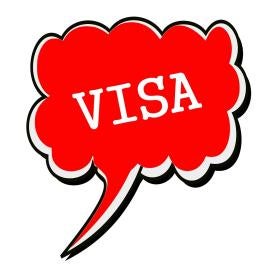U.S. Citizenship and Immigration Services (USCIS) has issued a revised final policy memorandum updating the recently implemented unlawful presence policy that changed the way USCIS calculated unlawful presence for foreign students and exchange visitors. Pursuant to the newly released guidance, F and M visa holders will not accrue unlawful presence during the pendency of their visa reinstatement applications if they file their applications within five months of falling out of status. If a reinstatement application is denied, unlawful presence will begin accruing the day after the denial was issued. Similarly, J-1 visa holders whose applications for reinstatement are ultimately approved will not accrue unlawful presence.
Background
USCIS announced in May 2018 that it was changing the way it calculated unlawful presence for F, J, and M visa holders in an effort to curb overstays. Under the new policy, a violation of status triggers the accrual of unlawful presence. Accordingly, F, J, and M visa holders will begin to accrue unlawful presence on the earlier of August 9, 2018, or the day after a status violation occurs. This is a departure from longstanding prior policy whereby unlawful presence only began to accrue upon a formal finding by the government that a violation of status had occurred.
The accrual of unlawful presence is a concern because it can impact an individual’s eligibility for immigration benefits in the future. Individuals who accrue more than 180 days but less than 1 year of unlawful presence will be barred from entering the United States for 3 years once they leave the country. Individuals who have accrued more than 1 year of unlawful presence will trigger a 10-year bar to reentry upon leaving the United States. Those subject to 3-year or 10-year bars are generally not eligible to apply for visas, admission, or adjustments of status to permanent resident unless they are eligible for waivers of inadmissibility, which are difficult to obtain.
Moving Forward
Under the prior rules, an employer could sponsor a foreign student or exchange visitor for a work visa, regardless of violation of status, if the foreign student or exchange visitor had left the United States and applied for readmission under a new work visa category at a U.S. embassy or consulate abroad. This may no longer be an option under the new rules, if the foreign student or exchange visitor has already accrued enough unlawful presence to trigger a bar to reentry. To avoid potential issues and ensure compliance with their respective programs, students and exchange visitors may want to consider consulting with their international student advisors before accepting employment, internships, or letting their course loads fall below full-time status.




 />i
/>i


